Welcome to Torah portion Emor
Emor means Say
Scripture passage: Leviticus 21:1-24:23
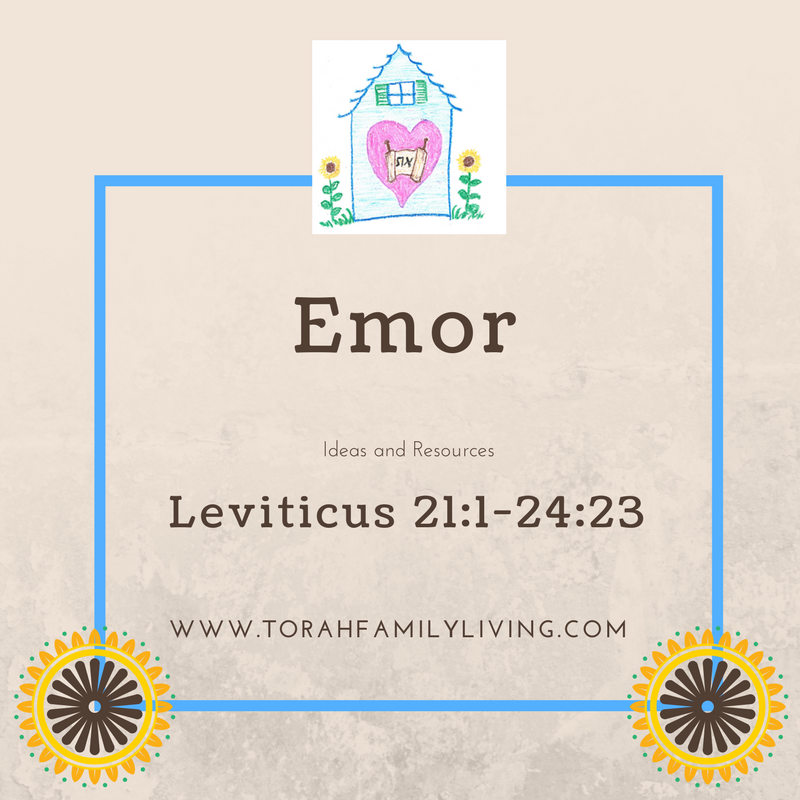
Read Aloud from My First Torah
YHVH gave rules just for priests, since they had the job of caring for the Tabernacle.
They had to be very careful who they chose to marry.
They were to stay clean and able to work in the Tabernacle.
This meant that they were not to touch a dead body unless it was very close family.
They could not enter the Tabernacle if they had a blemish such as an injury, blindness, hurt legs, dwarfism, a skin disease or a hunchback.
Animals that were given as an offering also could not have a blemish.
They had to be perfect without injury or disease.
YHVH gave us seven wonderful feasts to celebrate each year.
Each feast teaches us something about YHVH.
Shabbat is a feast that we celebrate every week.
We are to rest and do no work.
Passover takes place on the fourteenth day of the first month.
The fifteenth day begins the Feast of Unleavened Bread, which continues for seven days.
On the first and last days we do no work and we gather together.
We eat flat bread for the whole week.
Firstfruits is the day after Shabbat during Unleavened Bread.
On that day, the very first of the barley harvest is brought to the priests as an offering.
No one eats any of the harvest until the firstfruit offering is brought.
We then count fifty days from that same Shabbat and we arrive at Shavuot, or Feast of Weeks.
The first of the wheat harvest is brought as an offering.
Each family brings two loaves of fluffy bread and waves them before YHVH.
There are also special offerings of animals given on this day.
We do no work on Shavuot.
YHVH reminds us on this day to care for the poor by leaving some of our crop for them.
As we are thankful for our harvest, we should be sharing it with those that do not have one.
On the first day of the seventh month, we celebrate the Feast of Trumpets, or Yom Teruah.
We blast the trumpets as we gather together.
We also do no work.
Yom Kippur is celebrated on the tenth day of the seventh month.
It is a very holy day when the high priest makes atonement for the sins of the nation.
It is also a day for each person to afflict themselves and search for sin in their own lives.
There is no work done on Yom Kippur.
Sukkot, or the Feast of Booths, is celebrated on the fifteenth day of the seventh month and lasts for seven days.
The first and last days are days to gather and rest.
Sukkot, along with the other feasts, has certain sacrifices for the people to make.
After the harvest is finished, everyone takes branches and fruit and rejoices before YHVH.
They build booths to live in for the week.
It is a wonderful time of rejoicing.
My First Torah is available as a full color paperback.
Suggested Activities
Copywork passage: Leviticus 22:31-33
Tracing copywork book for all the Torah portions
Coloring pages: Aish Challah crumbs
Read aloud stories: Aish
Worksheets for different ages: One Torah for all
Older child studies: Torah explorers Restoration of Torah
Torah together – small group Bible study for each portion, also suitable for families with older children
Lessons in Yeshua’s Torah – a book packed with activities for each Torah portion (affiliate link)
Morah, Morah, teach me Torah – a book written to help you teach preschool children (affiliate link)
Context for Kids
Get more ideas on Pinterest!
[grwebform url=”https://app.getresponse.com/view_webform_v2.js?u=BxIrO&webforms_id=4720305″ css=”on” center=”off” center_margin=”200″/]
Save



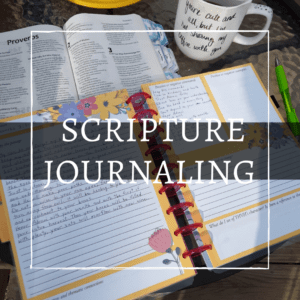
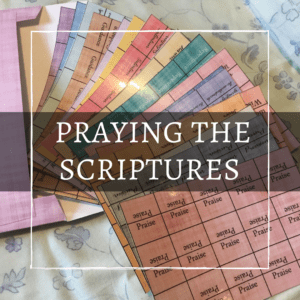
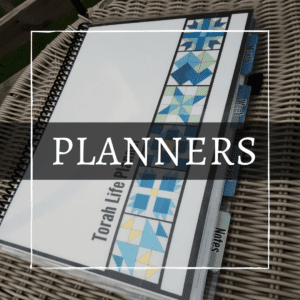


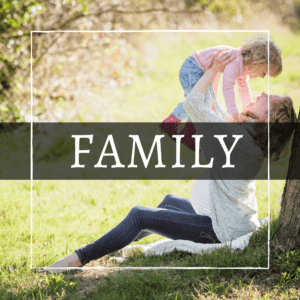

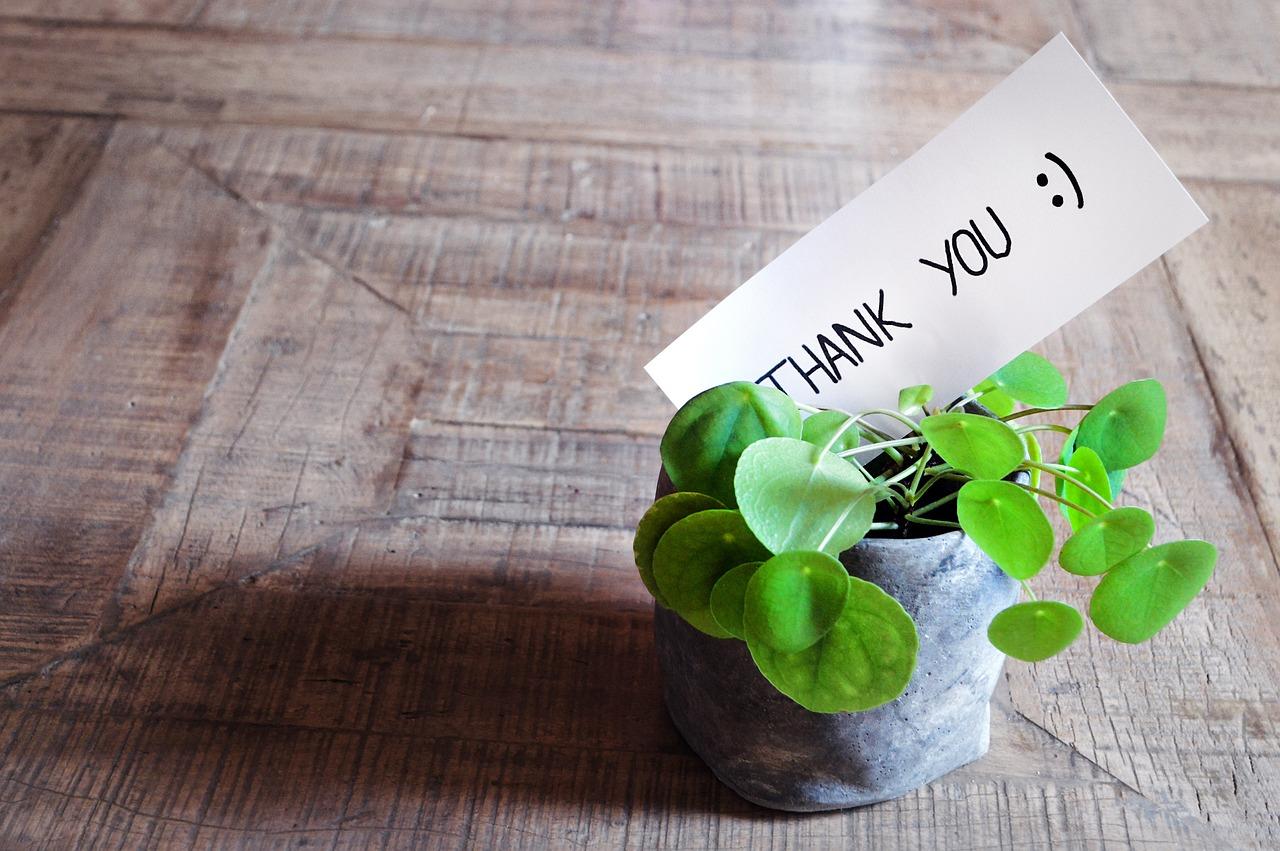
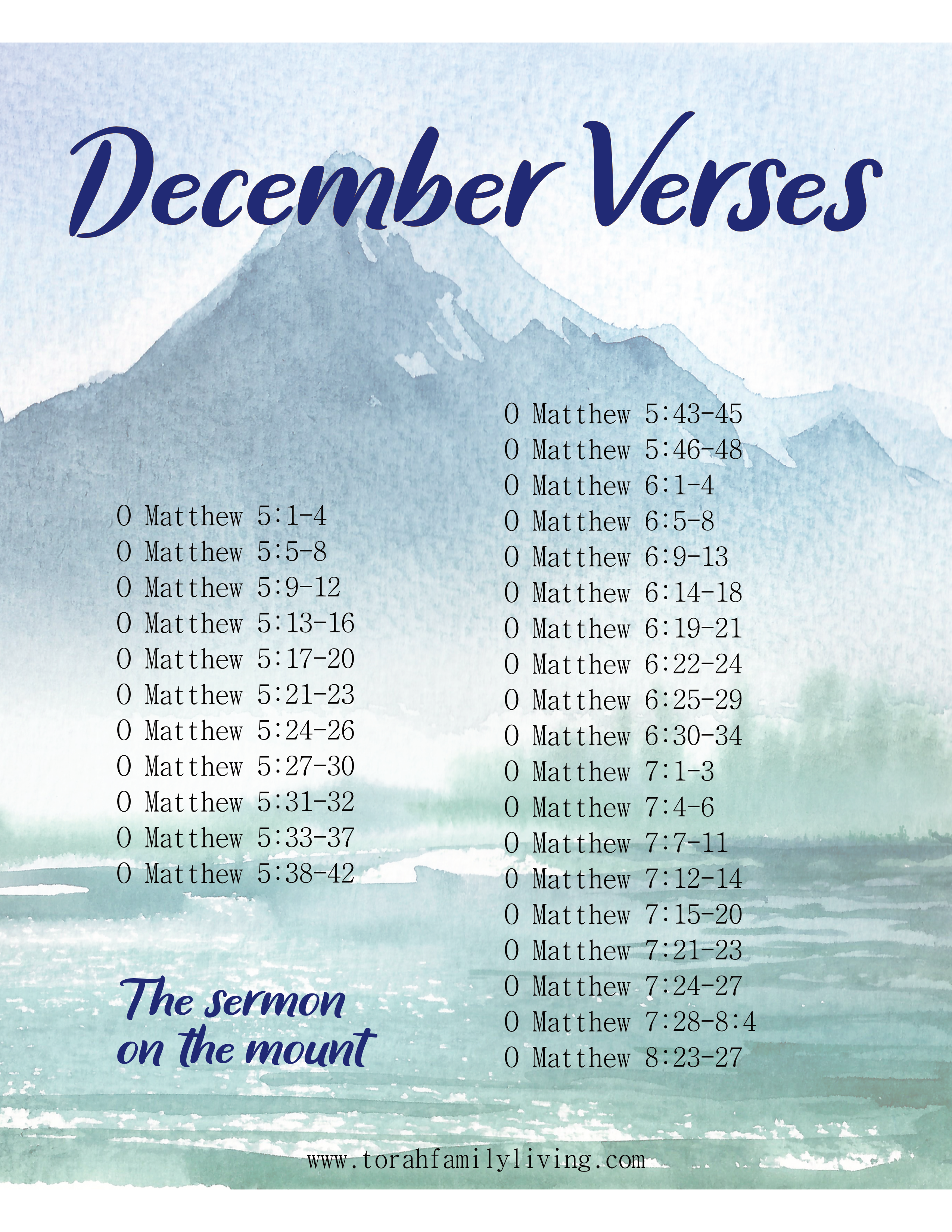
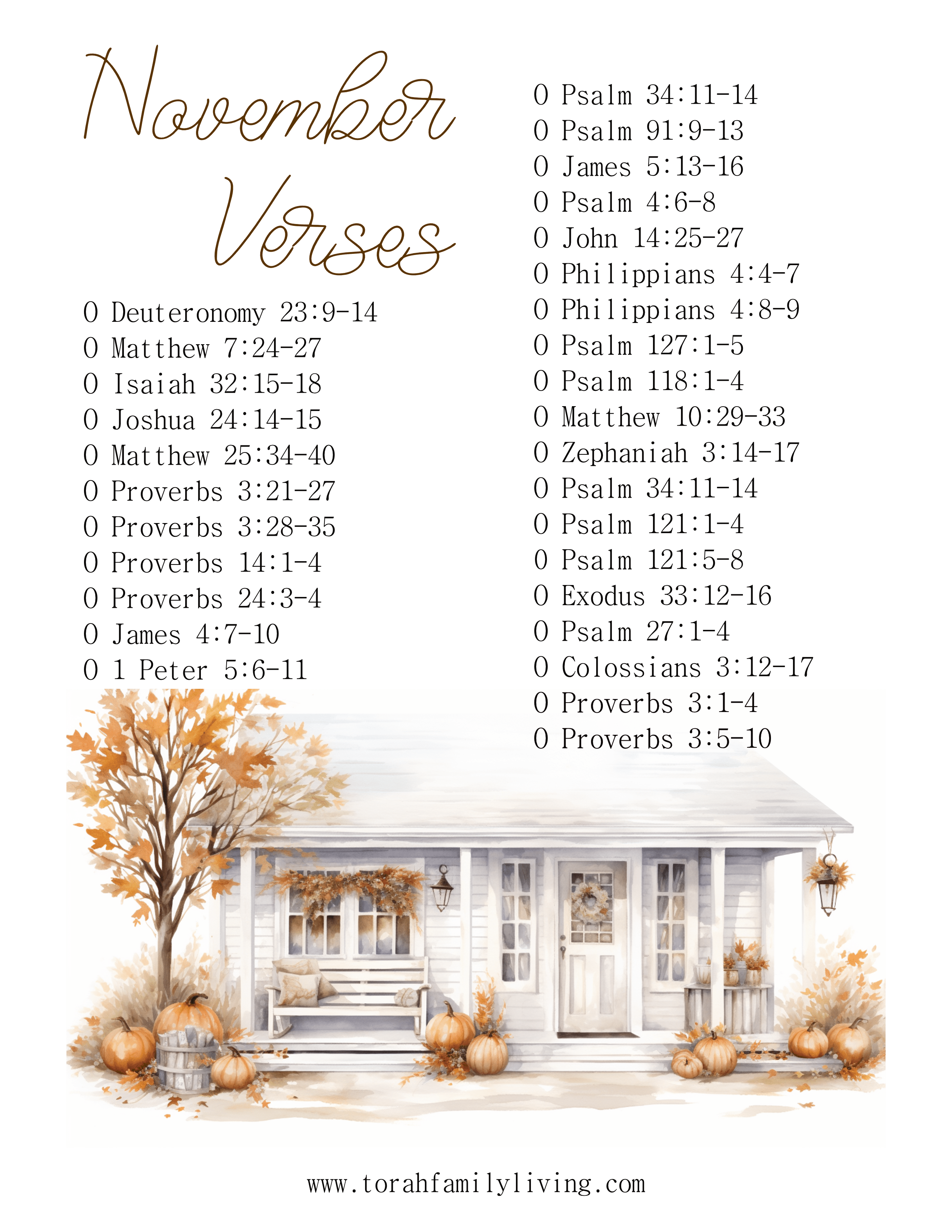
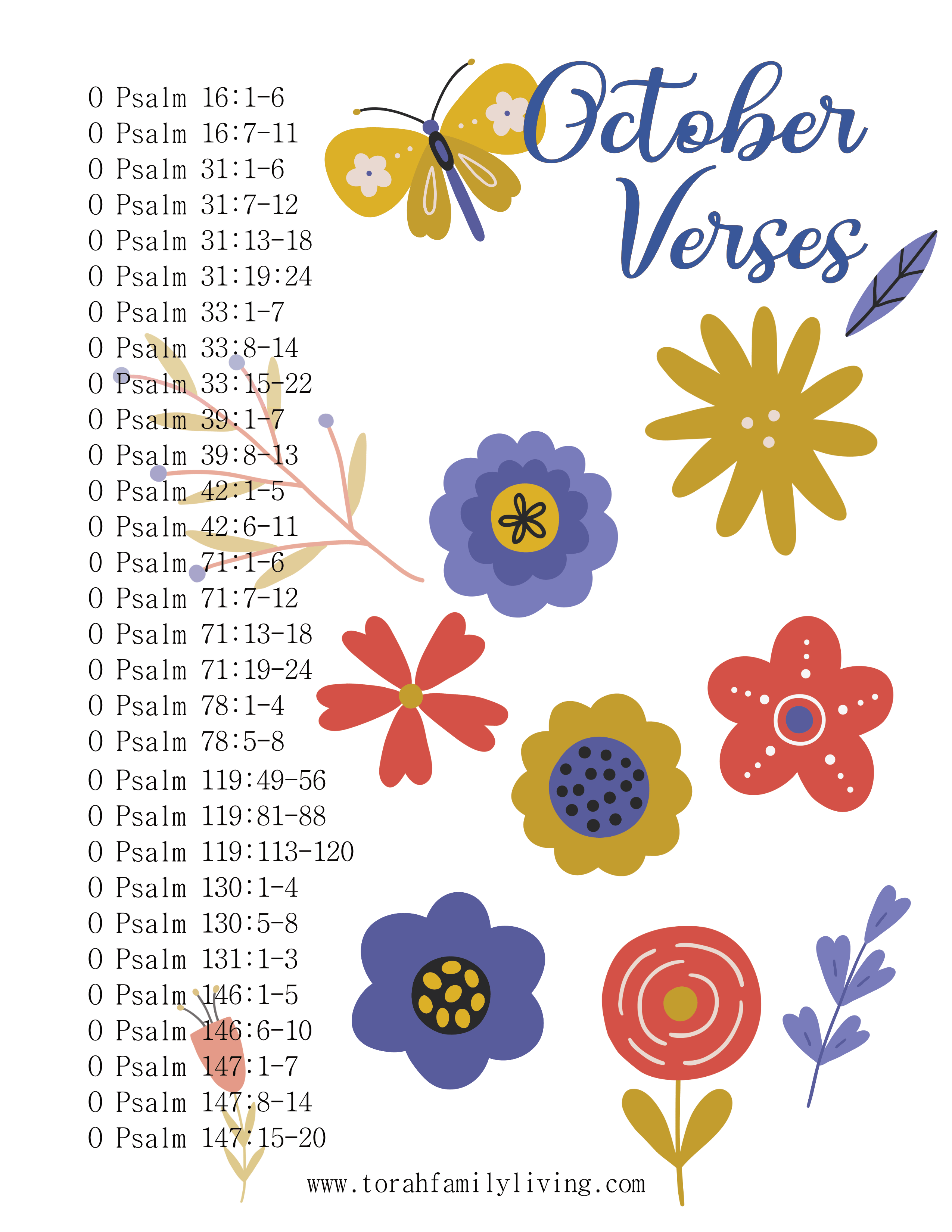

You must be logged in to post a comment.